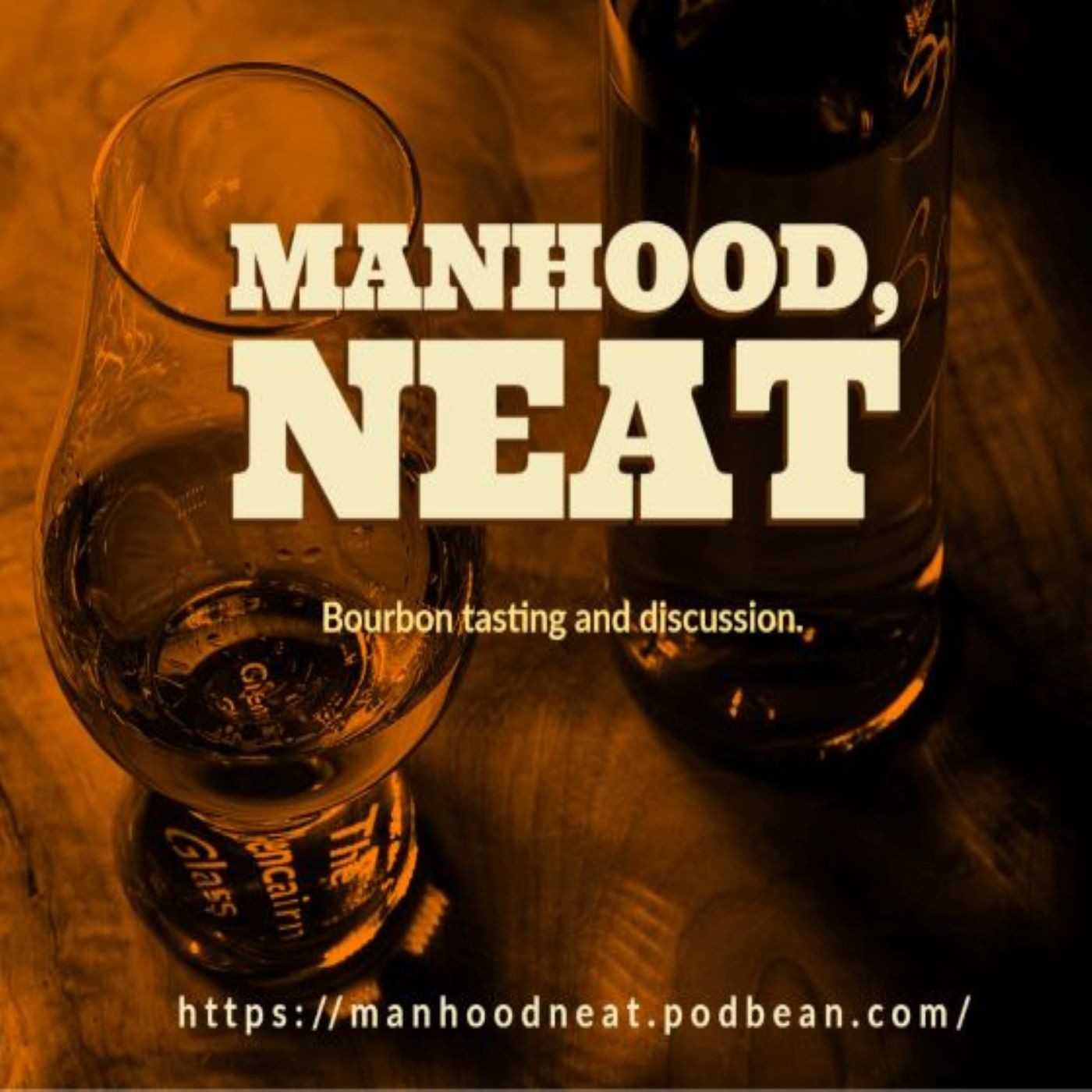Episodes

Saturday Apr 19, 2025
Saturday Apr 19, 2025
Follow us on your favorite podcast platform or YouTube (manhood neat podcast)
Reach out to us manhood.neat@gmail.com
or Insta and X @manhoodneat
Bourbon Review: Jim Beam Black 7 years.
Show Notes:
Topic: God’s Righteousness and Atonement
Divine righteousness refers first and foremost to the perfection and uprightness of the divine nature. For God to be righteous principally means that God measures up to Himself and is always all that He ought to be as God. While righteousness usually implies conformity to a standard, God simply is the righteousness or justice by which He is righteous and just. This is not so much conformity as it is identity. We might even say that in willing His own being as His highest good, God gives Himself His due. This is the original and uncreated justice of divine self-love. Righteousness is not a state of being God acquires through long practice or exercise. Rather, righteousness denotes the essence of God.
Psalm 119: 137-144
Hebrews 10:19-39
Deuteronomy 32:3-4
- Talk about righteousness vs Justice and their intersection (both with God and with each other)
Break down Agustine’s comments (we will take this segment by segment and discuss, focus on Justice and atonement, and hope in our salvation):
The passion of our Lord and Savior Jesus Christ is the hope of glory and a lesson in patience.
What may not the hearts of believers promise themselves as the gift of God’s grace, when for their sake God’s only Son, co-eternal with the Father, was not content only to be born as man from human stock but even died at the hands of the men he had created?
It is a great thing that we are promised by the Lord, but far greater is what has already been done for us, and which we now commemorate. Where were the sinners, what were they, when Christ died for them?
When Christ has already given us the gift of his death, who is to doubt that he will give the saints the gift of his own life? Why does our human frailty hesitate to believe that mankind will one day live with God?
Who is Christ if not the Word of God: in the beginning was the Word, and the Word was with God, and the Word was God?
This Word of God was made flesh and dwelt among us. He had no power of himself to die for us: he had to take from us our mortal flesh. This was the way in which, though immortal, he was able to die; the way in which he chose to give life to mortal men: he would first share with us, and then enable us to share with him. Of ourselves we had no power to live, nor did he of himself have the power to die.
In other words, he performed the most wonderful exchange with us. Through us, he died; through him, we shall live.
The death of the Lord our God should not be a cause of shame for us; rather, it should be our greatest hope, our greatest glory. In taking upon himself the death that he found in us, he has most faithfully promised to give us life in him, such as we cannot have of ourselves.
He loved us so much that, sinless himself, he suffered for us sinners the punishment we deserved for our sins. How then can he fail to give us the reward we deserve for our righteousness, for he is the source of righteousness? How can he, whose promises are true, fail to reward the saints when he bore the punishment of sinners, though without sin himself?
Brethren, let us then fearlessly acknowledge, and even openly proclaim, that Christ was crucified for us; let us confess it, not in fear but in joy, not in shame but in glory.
The apostle Paul saw Christ, and extolled his claim to glory. He had many great and inspired things to say about Christ, but he did not say that he boasted in Christ’s wonderful works: in creating the world, since he was God with the Father, or in ruling the world, though he was also a man like us. Rather, he said: Let me not boast except in the cross of our Lord Jesus Christ.


Comments (0)
To leave or reply to comments, please download free Podbean or
No Comments
To leave or reply to comments,
please download free Podbean App.